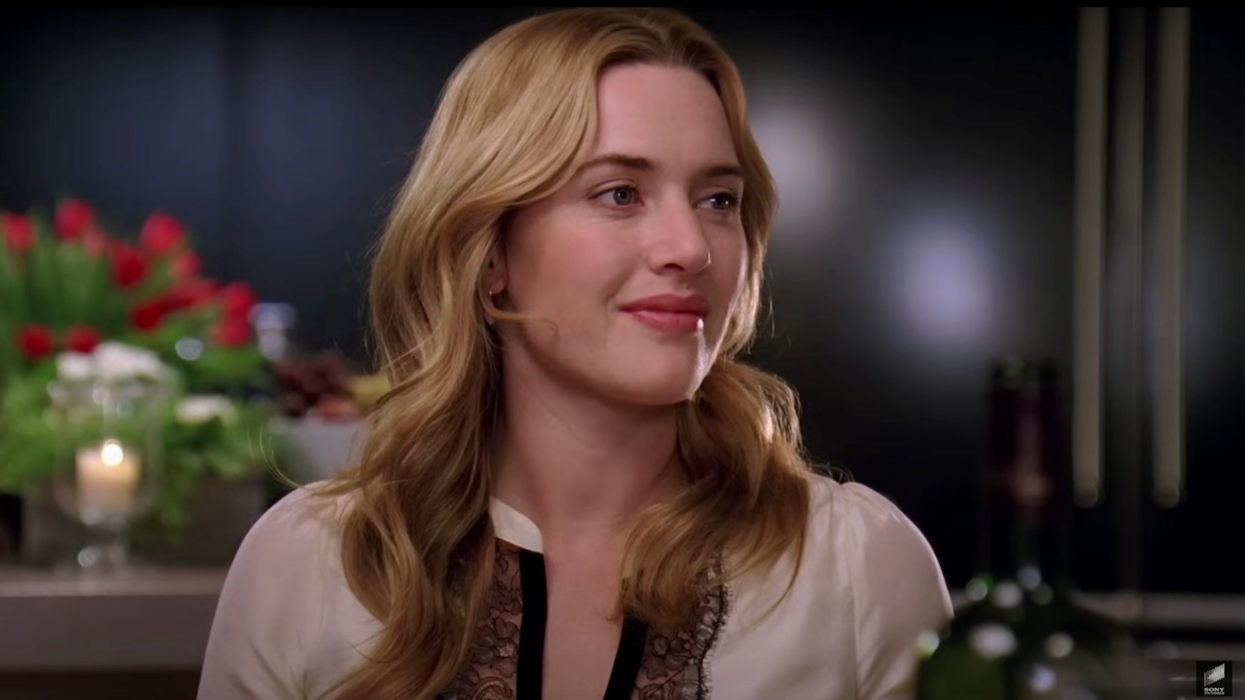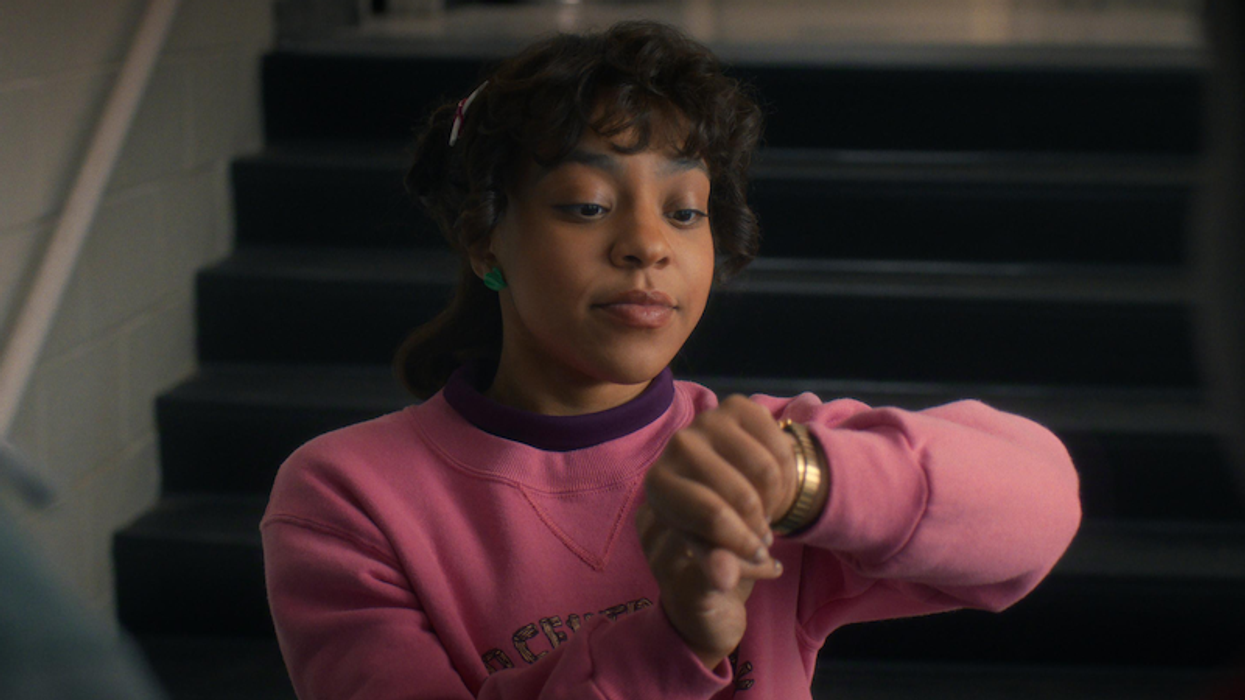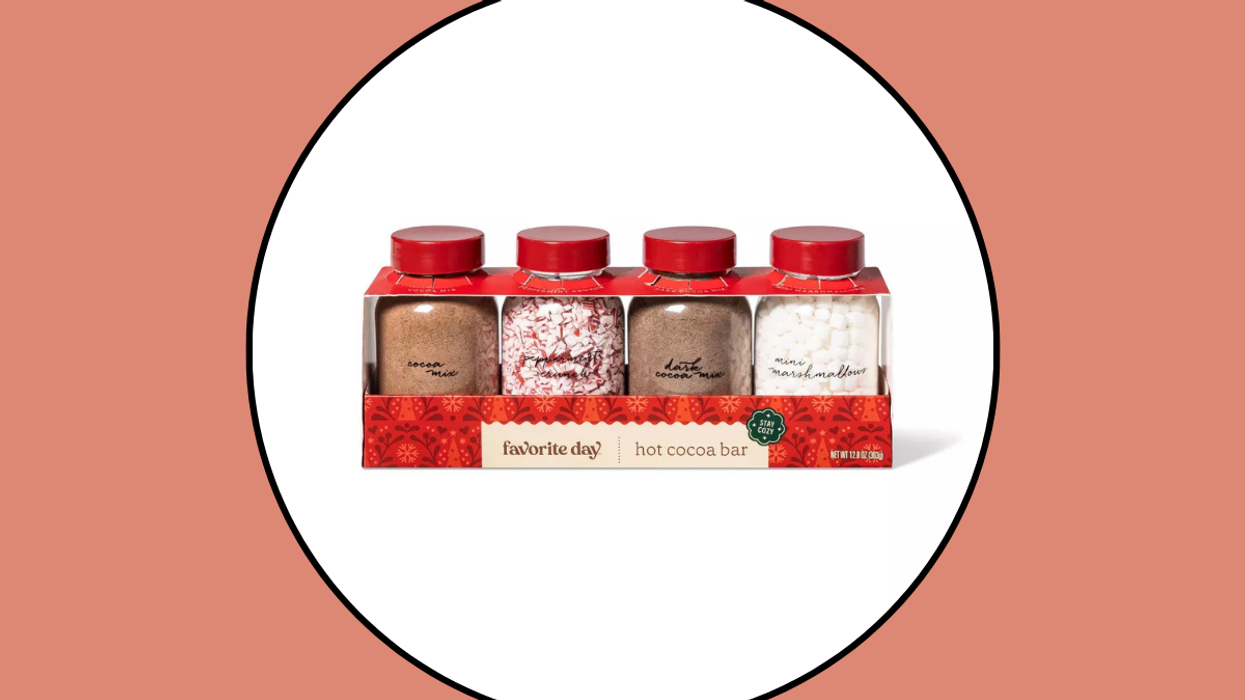Jeans and a hoodie are the new suit and tie.
Could Every Day Be Casual Friday Soon?

It’s no secret that, when it comes to deciding what to wear to work, millennials’ work wardrobes look a little different than our parents’ generation. Many of us work in creative or tech industries, where jeans and t-shirts (or even workout wear) are the norm, OR we work from home, where PJs are totally acceptable attire. Most impressive? Millennials have even figured out how to wear their most scandalous outfits to the office. And it’s not just the startup scene — a new study by staffing company OfficeTeam shows that workplace dress codes across all industries are getting more and more casual every year.
In the study, researchers surveyed 300 senior managers and 350 American workers. They found that half of all managers surveyed said that their employees are dressing more casually than they did five years ago, while a third of workers said they prefer business casual and another third said they prefer casual or no dress code at all. That’s a pretty clear trend toward comfy chic.
Another study done in April by workspace provider Regus found that, of the 40,000 respondents in 100 countries, 74 percent said that a suit and tie dress code is a thing of the past, and think it’s way too formal for today’s professional culture. And 70 percent of those surveyed said jeans are totally okay in a work environment, BUT only 51 percent say it’s okay to pair them with a t-shirt. So smart casual — but not sloppy — seems to be a go.
But what does this shift toward casual clothing actually mean for the ways we work? One study suggests it might not be the best move. Back in 2015, researchers from Columbia University and California State University studied the effect clothing has on our cognitive processing. They actually found that dressing in more formal attire makes us feel more powerful, which can then make us better at our jobs. But, of course, that all depends on what industry you’re in. If you work in a super creative environment, wearing a full-on suit would probably make you feel less powerful and more like the odd one out.
Bottom line? “Employees should take their cues from company guidelines and what others in the office are wearing. Some industries, for example, are more formal than others,” says Brandi Britton, a district president for OfficeTeam. “A casual dress code doesn’t mean that anything goes. Staff should always look professional and project an image that reflects positively on the business.” In other words, take note of what your coworkers and managers are wearing and follow suit (or not)… literally.
What do YOU wear to work? Tweet us your thoughts @BritandCo!
(Photo via Getty)


















